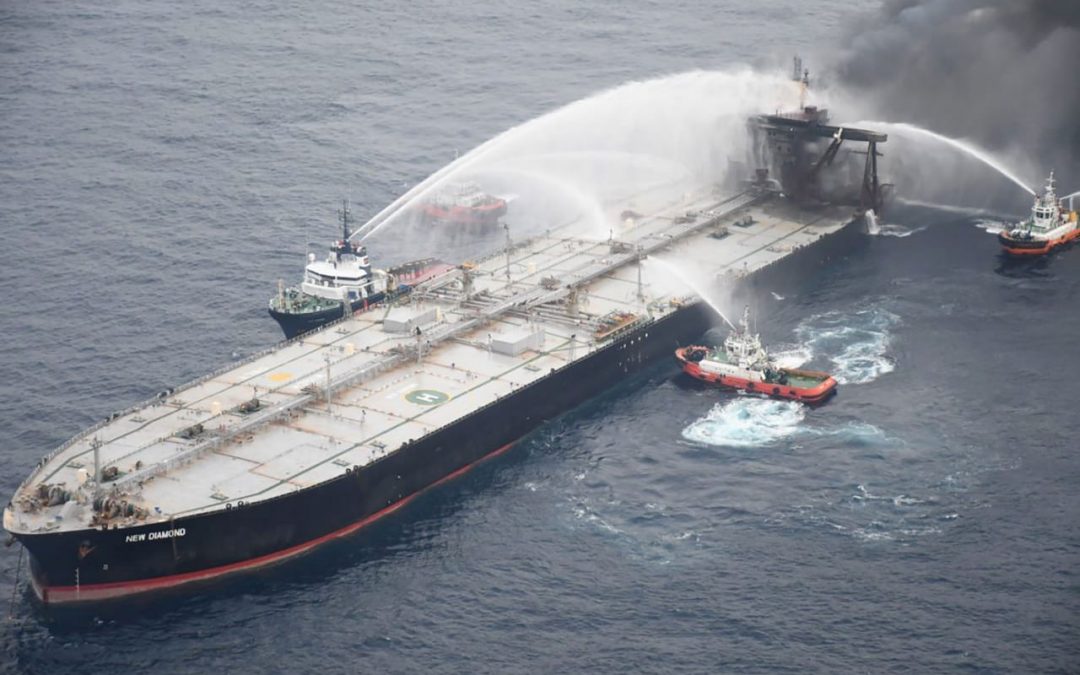The report ‘Green shipping corridors in and out of Spain: assessing route-based opportunities’, produced by the Global Maritime Forum in collaboration with the British Embassy in Madrid, has highlighted the strategic location and commitment to the sustainability of the Port of Bilbao for the development of green shipping routes, thereby contributing to the objective of decarbonizing shipping.
More specifically, the report highlights the excellent connectivity between the Port of Bilbao and the United Kingdom, emphasizing the potential of Short Sea Shipping routes for container traffic between Bilbao and Liverpool and for ro-ro traffic with the ports of the United Kingdom as key to the development of green shipping corridors that significantly contribute to the overall decarbonization of global shipping, while still being comparatively feasible and within a reasonable timeframe.
“The development of green and digital shipping corridors is a priority for the Port of Bilbao and fits in with the port’s growing portfolio of sustainability-related initiatives. The decarbonization of routes such as those presented in the report will have a major impact due to the volume of goods and passengers they carry and the huge potential for a shift from road to sea. For these reasons, we believe in the feasibility of decarbonizing these shipping routes”, Andima Ormaetxe, Director of Operations, Commerce, and Logistics of the Port Authority of Bilbao, explains.
In addition to these two between Bilbao and the United Kingdom, the report also highlights a further six routes as the most promising in and out of Spain to become green corridors, with the United Kingdom, Italy, and the United States identified as the most promising partner countries, followed by Turkey. Morocco and China.
The development of green corridors represents a significant opportunity for the Spanish economy, as the country is well-positioned to become a first-mover nation due to clear advantages in the production and distribution of future bunker fuels, the presence of strong companies throughout the value chain, the potential demand for decarbonized freight and the robust regulatory framework in place to support renewable energy.
Source: Hellenic Shipping News





